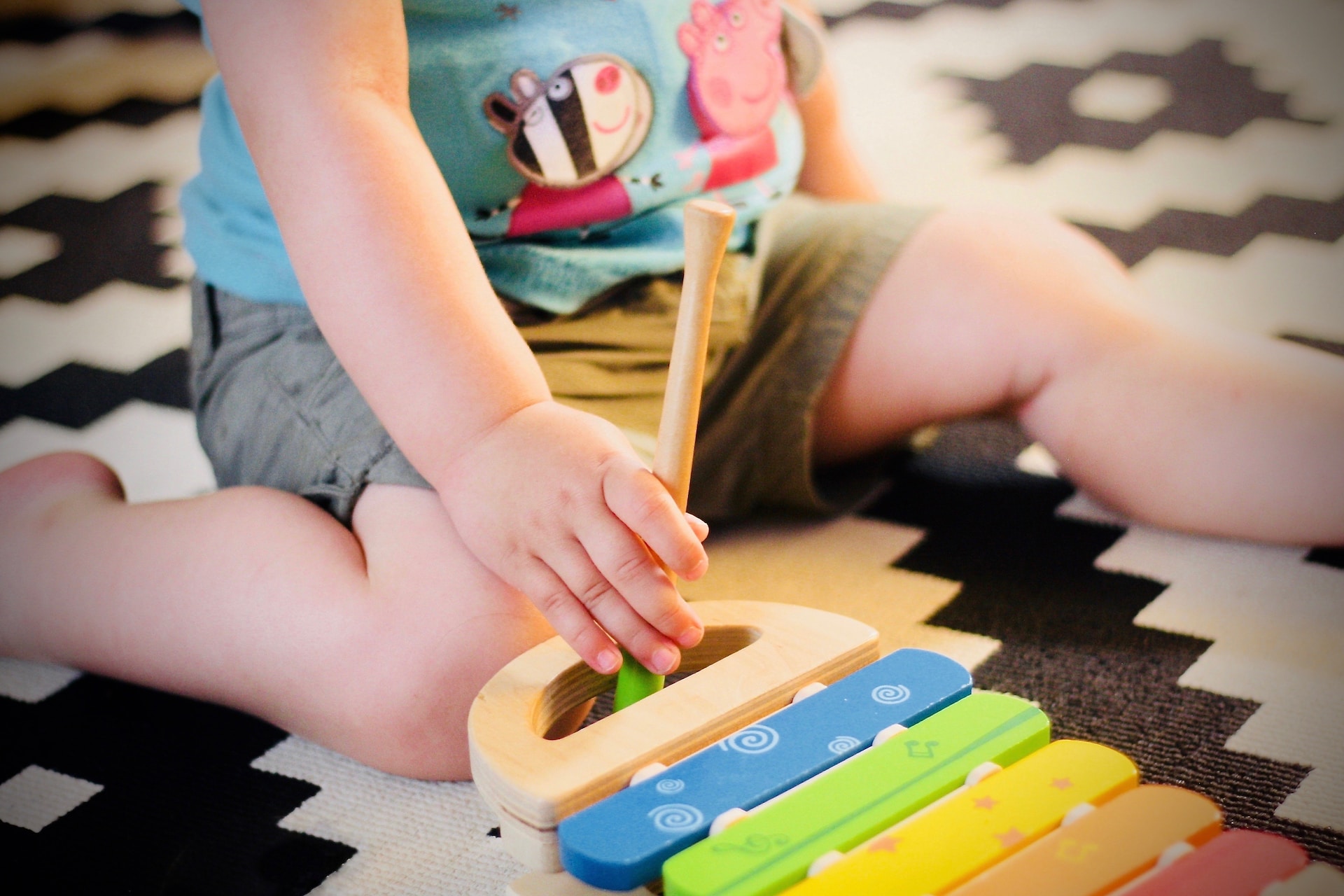The Montessori Method is a distinct educational approach that has grown in popularity in recent years. Dr. Maria Montessori, an Italian physician and educator who believed that children should be respected as individuals and allowed to learn at their own pace, developed this educational philosophy. This method is based on the belief that hands-on, self-directed learning experiences help children learn best. In this article, we will look at the Montessori approach and how it can help your child reach his or her full potential.
Understanding the Montessori Method
The Montessori approach is a child-centered educational approach that emphasizes freedom, independence, and self-direction. Children in a Montessori classroom are free to select their own activities and work at their own pace. The teacher serves as a guide, offering assistance and direction as needed, but allowing the child to take the lead in their own learning. Montessori classrooms are warm and inviting, with hands-on materials that encourage children to learn through exploration and discovery.
Benefits of the Montessori Approach
The Montessori approach has many advantages, including increased independence, self-confidence, and a love of learning. Children in Montessori classrooms learn to take responsibility for their own learning, which can aid in the development of self-esteem and a sense of accomplishment. They also learn important social skills, such as cooperation and respect for others, as they collaborate with their peers. Montessori classrooms are built to encourage creativity and imagination, which can lead to a lifelong love of learning.
How to Implement the Montessori Approach at Home
The Montessori approach is commonly associated with schools and classrooms, but it can also be used at home. The key is to create an environment that is stimulating and engaging, encouraging exploration and discovery. This can be accomplished by creating a distraction-free environment filled with high-quality toys and materials that encourage hands-on learning. Toys that are open-ended and versatile, such as blocks, puzzles, and art supplies, should be chosen. There are also excellent Montessori toys for 1-year-olds, such as stacking toys, shape sorters, and simple puzzles. These tools can aid in the development of important cognitive and motor skills.

The Responsibility of Parents in Montessori
Both at home and in the classroom, parents play an important role in the Montessori Method. Parents should be involved in their child’s learning by providing support and encouragement, as well as empowering a love of learning through reading and other activities. Parents can also help children learn social skills in Montessori classrooms by encouraging cooperation and respect for others at home. Furthermore, parents can collaborate with their child’s teacher to design a seamless learning experience that bridges the gap between school and home.
The Benefits of Holistic Child Development
The Montessori Method emphasizes a comprehensive approach to child development that focuses on the child’s physical, emotional, and cognitive well-being. This means that this method, in addition to providing hands-on learning experiences and encouraging independence and self-direction, places a strong emphasis on social and emotional development. Children learn to interact with others in a respectful and cooperative manner in a Montessori classroom, and they are taught important social skills such as communication, problem-solving, and conflict resolution. The Montessori approach can help children develop into well-rounded individuals who are prepared for success in all areas of life by nurturing the whole child.
Conclusion
The Montessori Method is a distinct and effective educational approach that emphasizes hands-on learning and self-directed exploration. This method can help unlock the potential of every child by giving them the freedom to learn at their own pace and the materials to explore their world. Every child can thrive in a Montessori environment with the right support and guidance from parents and teachers.



